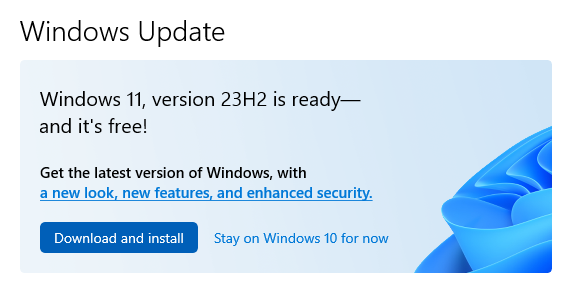On my laptop, Brave for non-“personal” things (such as fediverse, SoundCloud, AI tools, daily browsing, etc) and Firefox for “personal” things (such as WhatsApp Web, LinkedIn, accessing local govt. services, etc). On my smartphone, Firefox for everything (I disabled the native Chrome).
I’ve been using Brave in a daily basis because it’s well integrated with adblocking tools, especially considering the ongoing strife regarding Chromium’s Manifest V2 support, where Brave nicely stands keeping its Manifest V2 support independently of what Google wishes or not.
Firefox is also good, but I noticed that, for me, it has been slightly heavier than Brave. So I use it parallel to Brave, for things I don’t need to use often. For mobile, it’s awesome, as it is one of the few browsers that support extensions, so I use Firefox for Android, together with adblocking extensions.






Isn’t a file browser needed for browsing the saved documents and spreadsheets?
Not to mention that office suites (such as WPS, OpenOffice and LibreOffice) will inevitably pop up a file browser when the “Open” or “Save” buttons/menu items are clicked.